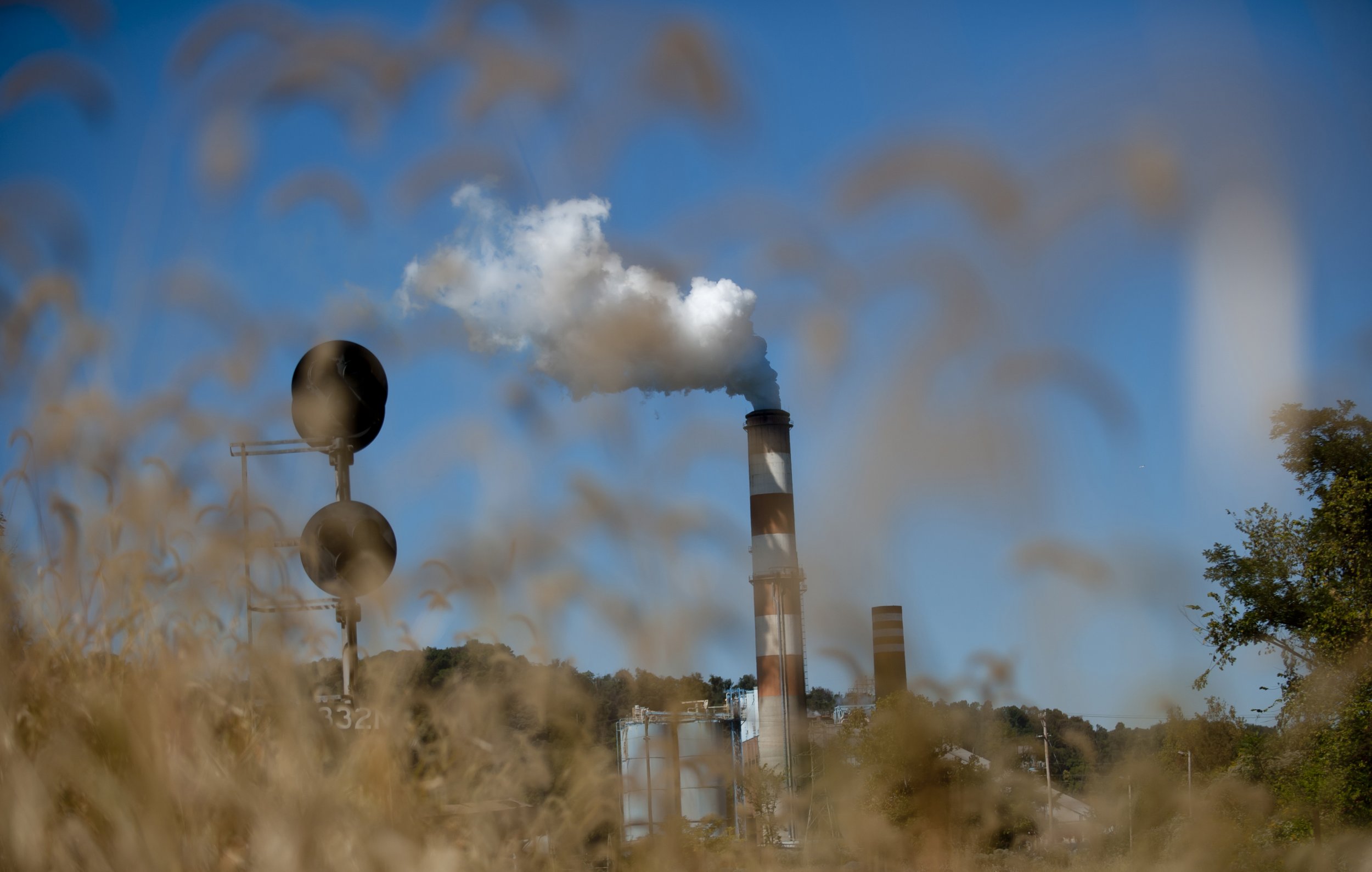
The Environmental Protection Agency (EPA) has plans to change the way it reports the health hazards of air pollution. That shift could lower the number of reported deaths each year due to pollution and roll back climate change protections, according to a new report by The New York Times.
The change would also fall in line with previous Trump administration efforts to lower poverty numbers in the U.S. by altering the reporting standards and to lower workplace injury reports by loosening Occupational Safety and Health Administration (OSHA) record-keeping rules.
The EPA's proposed change would reduce the extra 1,400 deaths each year that are estimated to come with the reversal of the Clean Power Plan, enacted under former President Barack Obama, by changing the current modeling method to another that experts say has not been peer-reviewed and is not scientifically sound, according to the New York Times report.
Under the proposal, the EPA would assume that there would be no health benefits to going beyond what guidelines dictate for clean air in the U.S. But scientists say that even small traces of pollutants in the air are unhealthy and can cause death in some cases.
"Particulate matter is extremely harmful, and it leads to a large number of premature deaths," Richard L. Revesz, an environmental law professor at New York University, told the Times. The change to the rule "could be an enormously significant impact."
The rule changes would help justify a Trump administration goal to replace President Obama's Clean Power Rule with the alternative Affordable Clean Energy rule, which limits the regulations for controlling co2 emissions from power plants that already exist. Previously, the EPA estimated that the new rule would cause an additional 470-1,400 premature deaths, 48,000 cases of exacerbated asthma and 21,000 missed school days compared to the baseline established with the Clean Power Plan.
The decision to simply change the framework on which risks are assessed in order to justify new policy is not foreign to the Trump administration.
In January, OSHA announced it would no longer require certain employers to send in information about injuries that those employers already collect. OSHA initially said the change was to protect employee privacy, but the documents collected do not contain any confidential information. Instead, the change would lead to less information about why and what kind of accidents happen on the job.
This month, the Trump administration considered a rule change that would alter the model used to define poverty in the United States. The move would artificially lower the rate of poverty in the U.S. and could kick millions of Americans off of welfare benefits.
"This is being done to lower eligibility, and this administration cannot pretend they're doing it for accuracy purposes, especially if the only thing they're changing is to make a measure that is already too low even worse...There's no rationalizing this as help," said Monique Morrissey, an economist at the left-leaning Economic Policy Institute, of the proposal.
Uncommon Knowledge
Newsweek is committed to challenging conventional wisdom and finding connections in the search for common ground.
Newsweek is committed to challenging conventional wisdom and finding connections in the search for common ground.
About the writer
Nicole Goodkind is a political reporter with a focus on Congress. She previously worked as a reporter for Yahoo Finance, ... Read more
To read how Newsweek uses AI as a newsroom tool, Click here.








